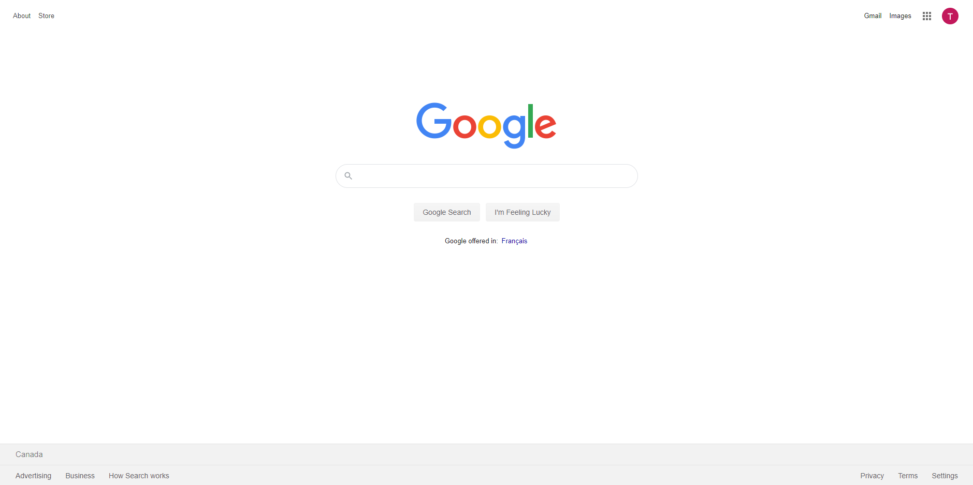Search: Google
Google has multiple ways of generating revenue beyond private investment or selling shares of its stock.
Paid clicks were an action-based bidding model mixed with a relevance algorithm that ranked advertising based on what generated more clicks. Thus, it was more relevant. To gain the top spot in Google advertisements, advertisers must outbid each other. Higher bids move up the list while low bids may not even be displayed.
Cost per click (CPC) is a paid advertising term where an advertiser pays a cost to a publisher for every click on an ad. Advertisers pay Google each time a visitor clicks on an advertisement. A click may be worth anywhere from a few cents to over $50 for highly competitive search terms, including insurance, loans, and other financial services.
Paid clicks can be on Google.com, on other Google’s properties Gmail, Google Maps, Google Play, YouTube engagement ads, Google members network Ads and AdSense.
- With Ads, advertisers submit ads to Google that include a list of keywords relating to a product, service or business. When a Google user searches the Web using one or more of those keywords, the ad appears on the SERP in a sidebar. The advertiser pays Google every time a user clicks on the ad and is directed toward the advertiser’s site.
- AdSense is similar, except that instead of displaying ads on a Google SERP, a webmaster can choose to integrate ads onto a site. Then, Google selects ads that contain keywords relevant to the webmaster’s site. Every time someone clicks on an ad on the site, the site receives a portion of the ad revenue (and Google gets the rest).
Google other revenues consist primarily of revenues from:
- Apps, in-app purchases, and digital content in the Google Play store: That is the Google official app store for the Android operating system. The set of applications developed on top of the Android software development kit and published via Google. On Google Play, developers will make – based on apps purchases – a revenue split of 85/15. In short, the app developer makes 85%, while Google retains the 15%.
- Google Cloud offerings: Google was a company built in the cloud and has been investing in infrastructure, security, data management, analytics, and AI from the very beginning. Google Cloud Platform enables developers to build, test, and deploy applications on Google’s highly scalable and reliable infrastructure.
- Hardware: Google offered hardware devices e.g. Pixels for purchase until the introduction of a separate online hardware retailer, called Google Store, on March 11, 2015

Leave a Reply